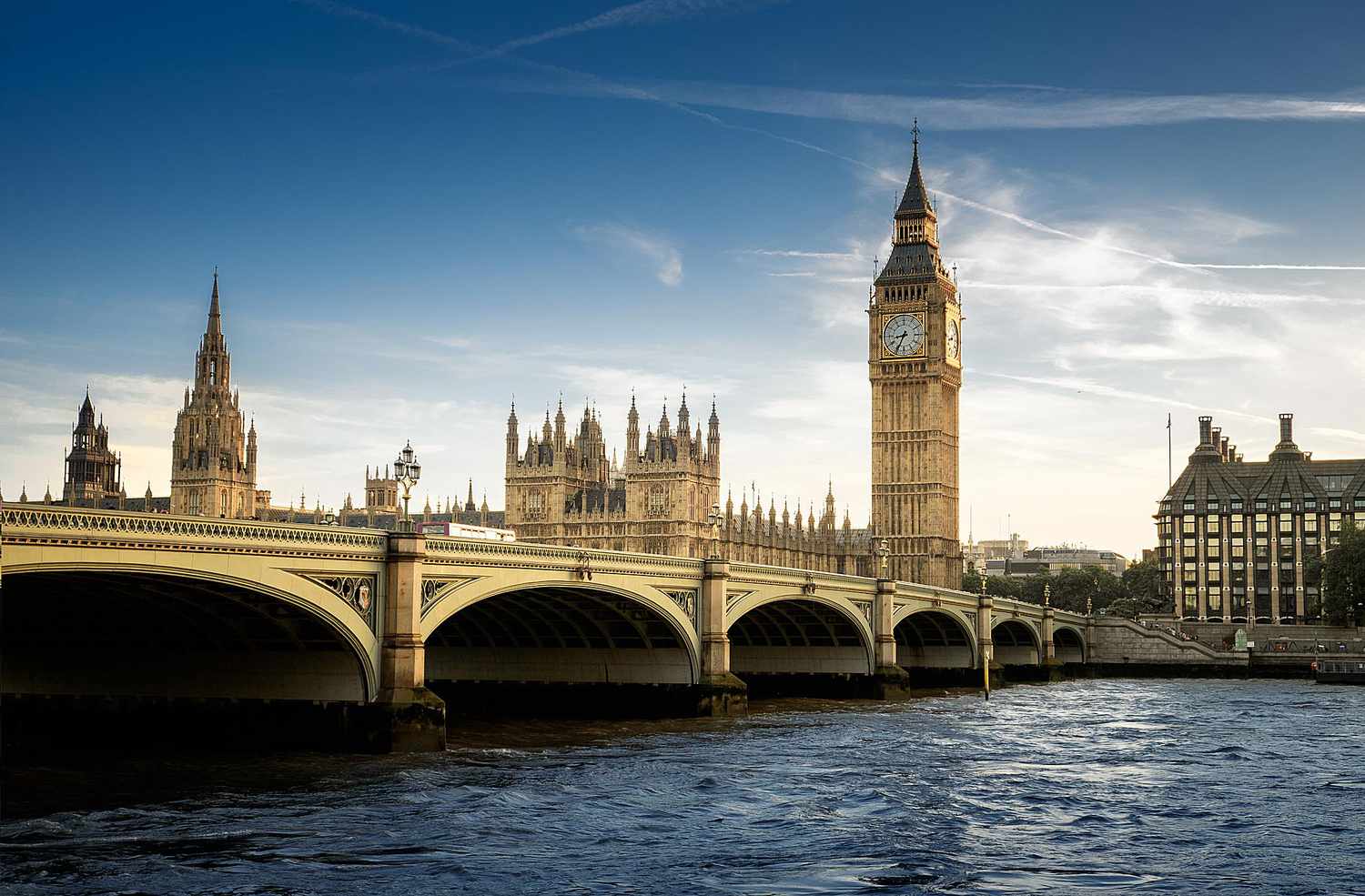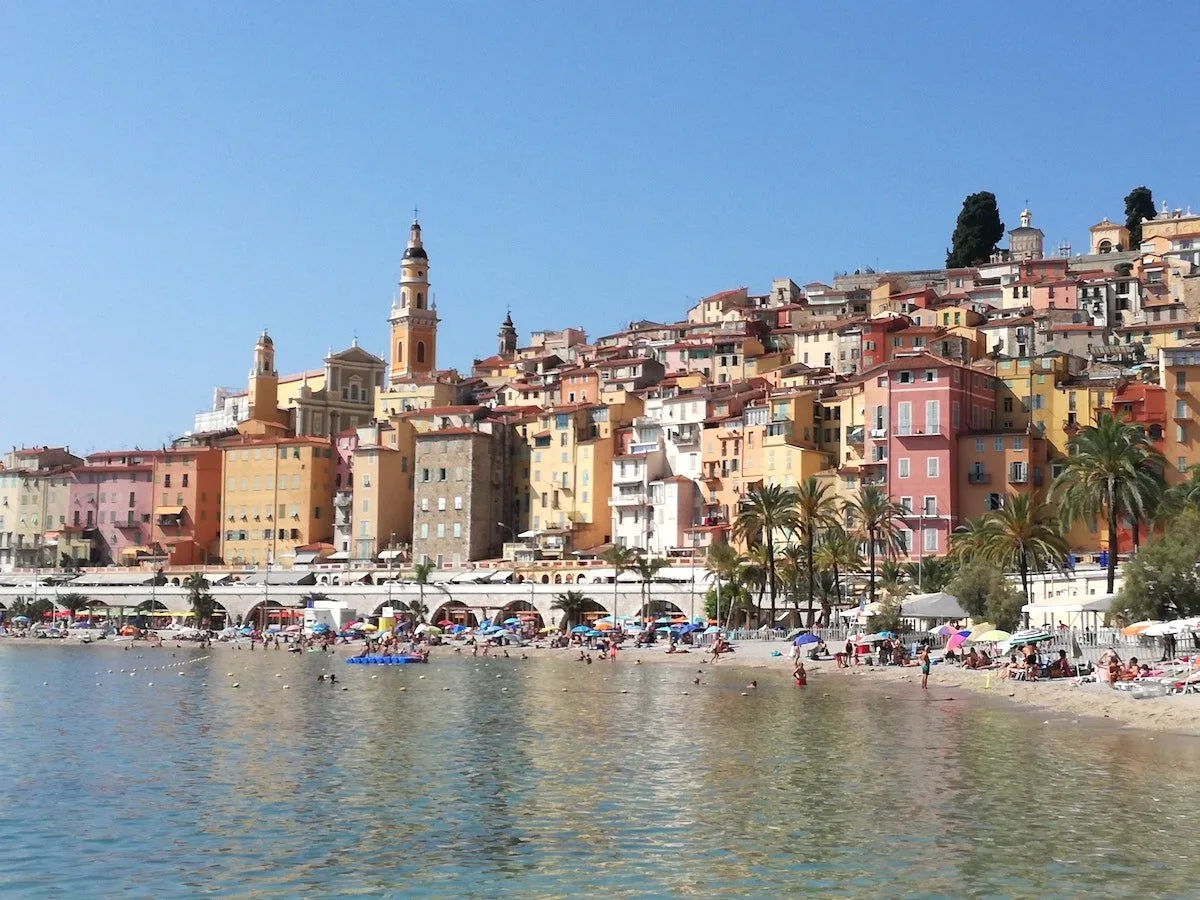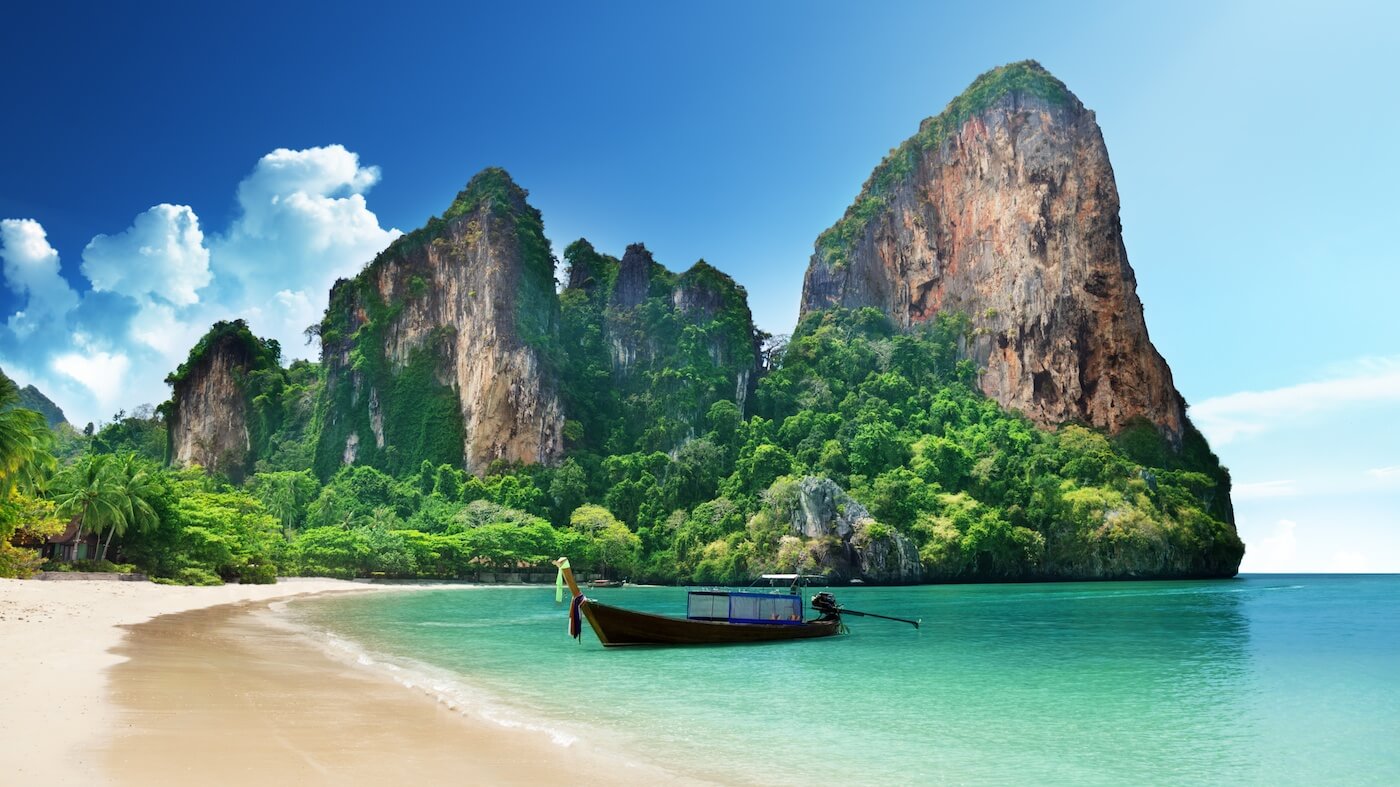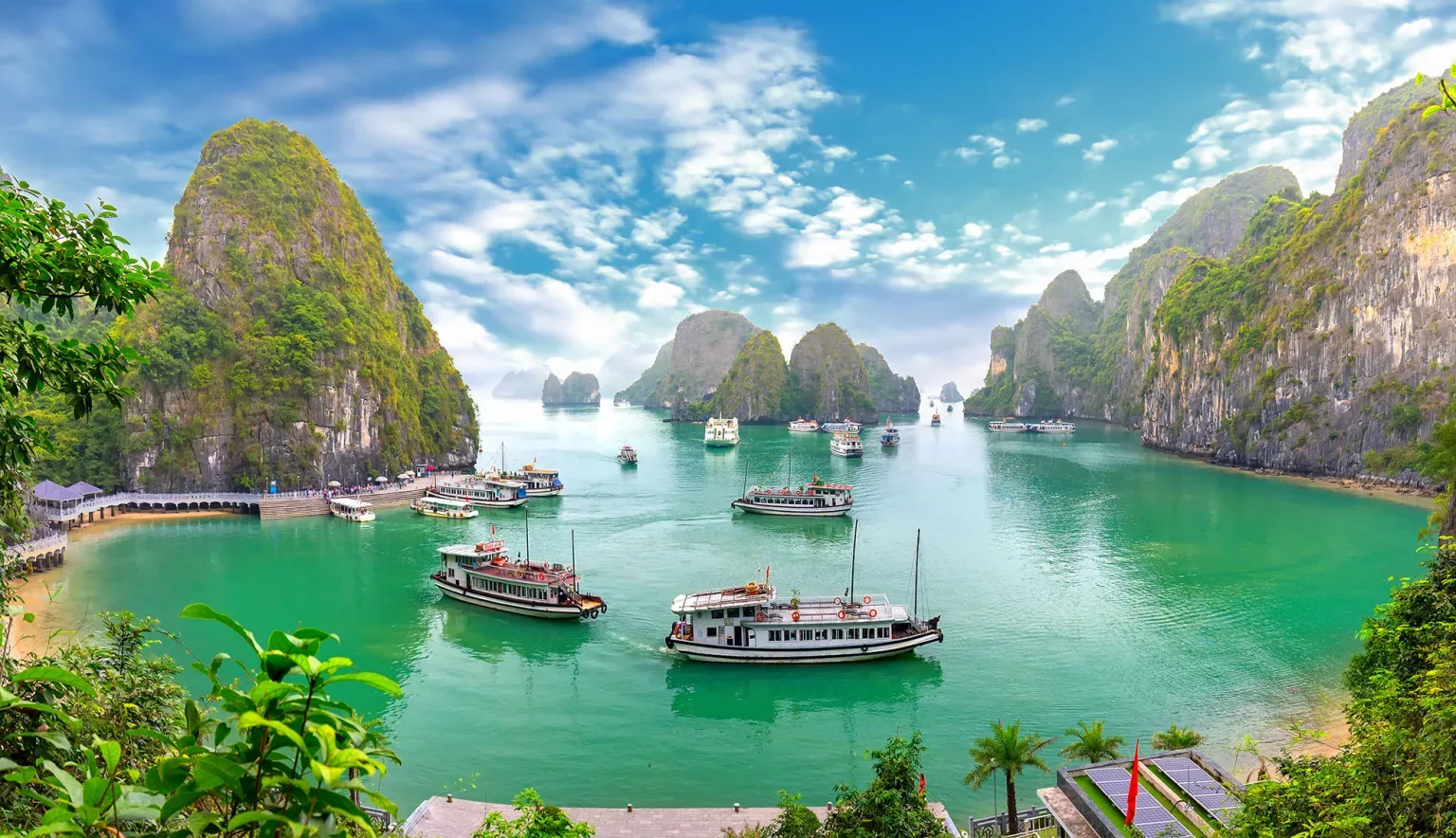
The United Kingdom (UK), officially known as the United Kingdom of Great Britain and Northern Ireland, comprises four countries: England, Scotland, Wales, and Northern Ireland. The UK is located off the northwestern coast of mainland Europe and is surrounded by the Atlantic Ocean, the North Sea, the English Channel, and the Irish Sea. London, the capital, is a globally influential centre of finance and culture.
The UK is a constitutional monarchy with a parliamentary democracy. The current monarch, since 2022, is King Charles III, following the reign of Queen Elizabeth II, the longest-serving current monarch at the time of her death. The UK has a rich history that includes the pioneering of parliamentary democracy and significant contributions to literature, arts, science, and international trade.
The UK’s economy is one of the largest in the world, driven by the services sector, particularly banking, insurance, and business services. The UK was a member of the European Union (EU) until 2020, when it officially withdrew, an event commonly referred to as “Brexit.”
Culturally, the UK is known for its influential contributions to music, cinema, and popular culture. It remains a significant power with considerable economic, cultural, military, scientific, and political influence internationally. The UK is also known for its diverse, multicultural society, with a wide range of cultures and peoples represented.
What’s the public’s verdict? Share your thoughts and discuss below!









